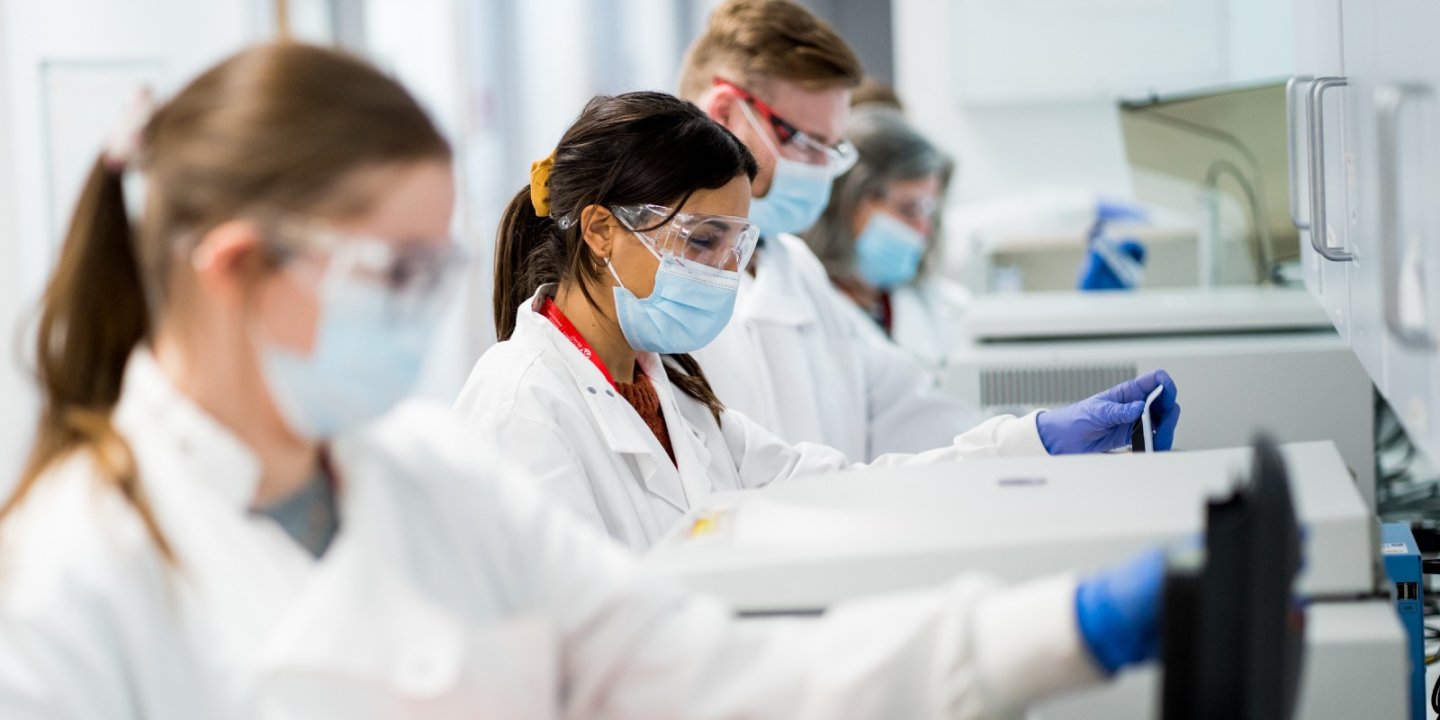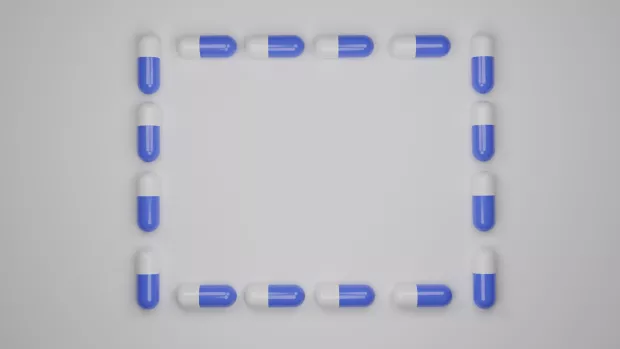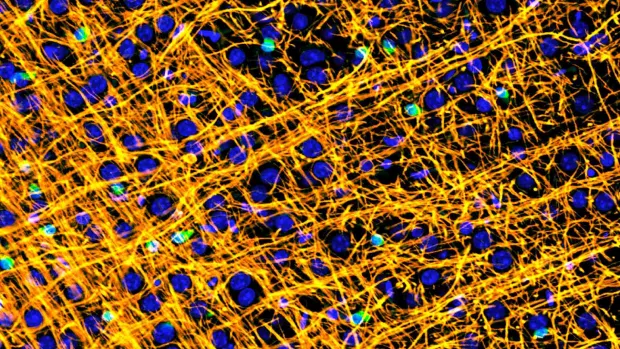
£1 million to new MS research
We’ve committed to raise just over £1.1 million for 9 new research projects. This sees the return of our grant round after a pause due to COVID-19.
Each year researchers across the UK apply to us for funding to support their studies. Together with science experts and people affected by MS, we review them and choose the ones we think could help people with MS the most.
We’re supporting research which could help find new treatment targets, and speed up how we test them in trials. And we’re funding projects that could help improve the quality of life of people living with MS now.
Silent MRI
Researchers at King’s College London will spend the next three years developing an advanced MRI technique.
It’ll give a much more detailed picture of someone’s MS by measuring exactly how much myelin – the protective coating around nerves that’s damaged in MS – is in a person’s brain. So clinicians could better predict how it might progress and choose the best treatment.
It’ll also be silent, and much faster than normal MRIs. So not only will it be more comfortable, but it could help see if drugs are working in clinical trials more quickly.
Read more about the silent MRI project
Stopping progression
Dr Jonathan Pansieri at the University of Oxford will help us understand more about what causes nerve loss in progressive MS, so we can develop treatments to stop it.
If your MS is progressing, it means some of your nerves are dying. But we don’t yet know exactly what causes nerves to die. This project aims to find out if a molecule called Nurr1 can help us understand why nerve loss happens and what we can do to stop it happening.
Depending on the results of the study, Nurr1 itself could one day be tested as a potential treatment.
Read more about the Nurr1 project
Living better with MS
While we continue to search for treatments that’ll stop MS progressing, we want to help everyone live better with MS now too. Bowel problems are common in MS, and we know they can affect people’s self-confidence, behaviour and independence.
So Dr Sue Woodward will develop and test a self-management programme for people with MS to help manage bowel symptoms. It’ll help support open discussions between people with MS and their MS clinicians about the taboo topic.
Sue will work with people with MS, their carers and MS clinicians, to design and test the programme.
Read more about the bowel self-management project
Picturing the future
These are just a few of the new projects we're funding. By continuing to fund vital research, we can picture a future where everyone with MS has access to treatments that can help manage, or ultimately stop their MS.
Find out more about how we decide which projects to fund
Read about how you can get involved in reviewing research applications



